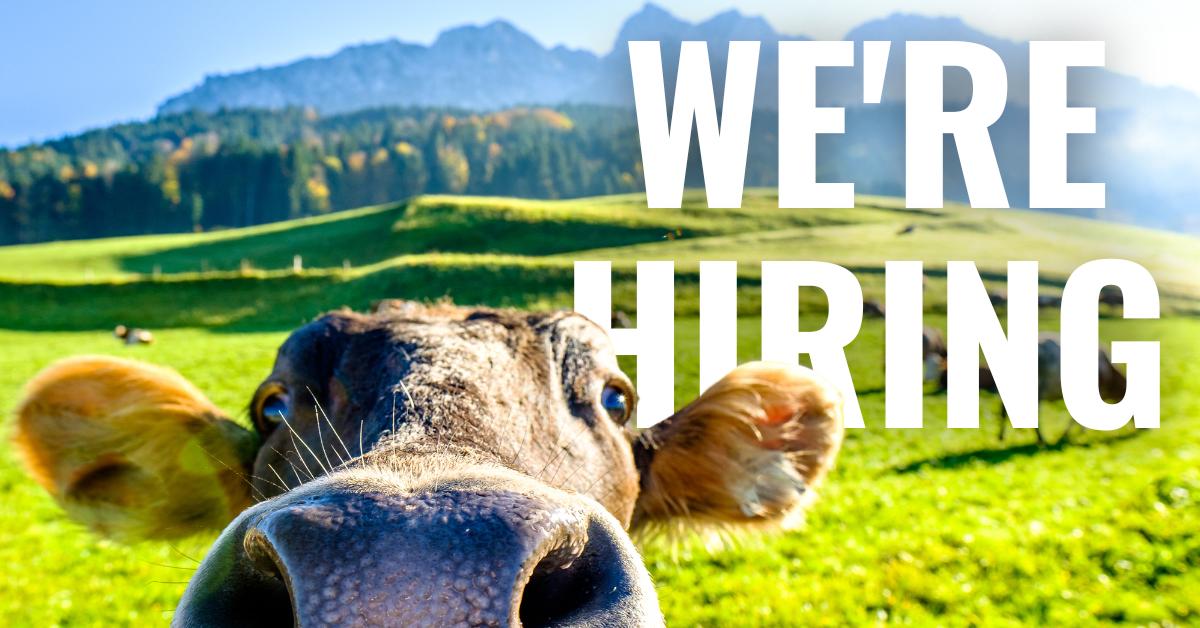Help transform billions of lives. Including yours.
Compassion in World Farming International is a powerful global movement dedicated to ending factory farming and radically changing our food systems to reduce reliance on animal protein, before it’s too late. With headquarters in the UK and offices throughout Europe, in the USA and China, we investigate and expose the true costs of factory farming and work with policy makers and leading food companies on game-changing welfare commitments to improve the lives of farmed animals.
We are recruiting for a Global Communications Officer to join our HQ Communications Team based in Godalming in the UK and Bologna, Italy (with some home-based working – currently 3 days a week).
Location: Godalming, Surrey or Bologna, Italy (Hybrid flexible, with at least 2 days in the office per week)
Job Type: Permanent, Full-time
Salary: 30,000 -33,000 EUR based OR UK £29,000 - £31,500 per annum (dependant on location, skills and experience)
About the role
The Global Communications Officer will help boost Compassion’s international media profile and campaigns through traditional media, social media, and other communication channels. You will generate international media coverage, use breaking stories to drive our campaigns and polices, sell-in stories, produce content across a range of channels, and be responsible for the monitoring and evaluation of our global media coverage. You will also help support the coordination of the media work in our country offices and take part in our out-of-hours on-call rota.
About you
This post requires a passionate, confident and creative communications professional who works well in a team. You will need some previous experience in a busy press office or newsroom, a keen news sense, excellent writing skills, an eye for detail, and be able to work to tight deadlines. A good understanding of both traditional media and social media is essential. Candidates should also possess a keen interest in animal welfare and environmental issues. A second language, in addition to English, would be an advantage as you will be working closely with our teams across Europe and beyond.
Applications:
Closing date: 25th June 2024
1st stage interview: Week commencing 1st July
2nd stage interview: Week commencing 8th July
Please complete the online application form and upload your CV and covering letter outlining how you meet the person specification detailed in the Job Description.


